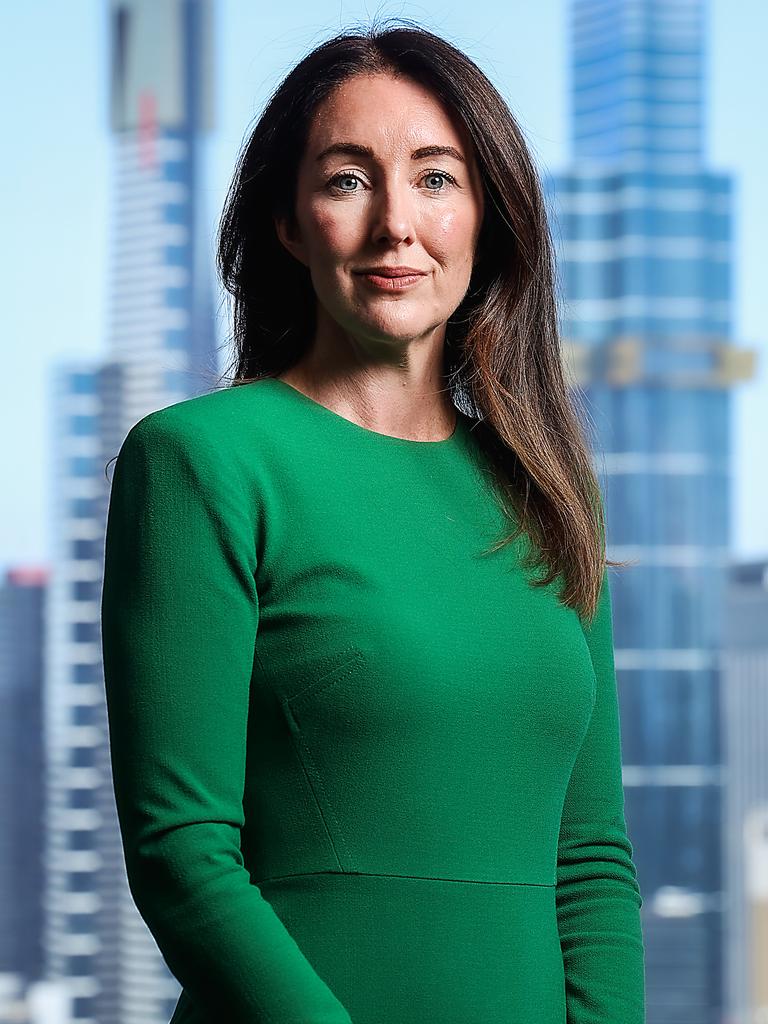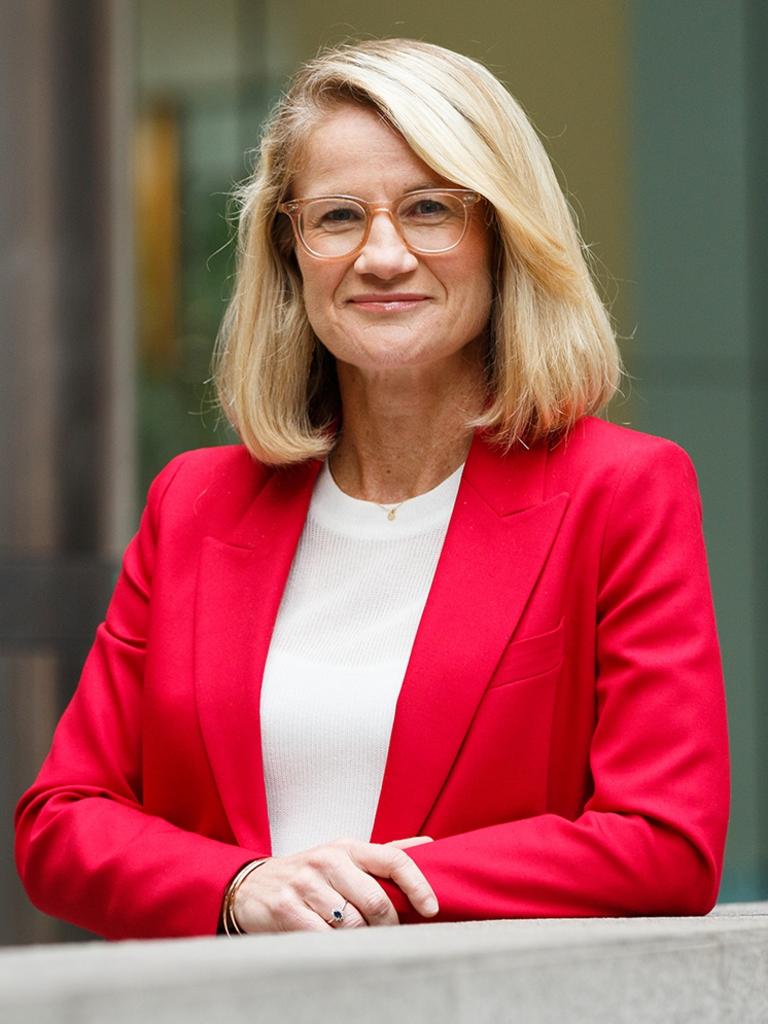Retirement evolution: working after age 65 set to become the norm
Retirement was once a full stop to working, but now it’s a comma, and superannuation rules could change to adapt.

National
Don't miss out on the headlines from National. Followed categories will be added to My News.
The proportion of Australians working beyond the average retirement age of 65 will more than double in the coming years, a study suggests.
Research commissioned by the Association of Superannuation Funds of Australia has found that more than 70 per cent of people nearing retirement do not plan to stop work completely at 65, and even fewer people in younger age brackets see retirement as a stop sign.
It has prompted calls for changes to super rules to allow people to contribute to and withdraw from just one account.
The ASFA report says currently about one-third of 65 to 69-year-olds are employed or seeking work, while 9 per cent of people aged over 70 still work, based on Australian Bureau of Statistics data.
It found only 29 per cent of people aged 50-64 believe they will stop work completely at 65, while just 21 per cent of those aged 18-49 share similar beliefs.
Many plan to move to part-time or casual work after 65 to keep themselves occupied, maintain social connections or out of financial necessity, it found.
ASFA chief executive Mary Delahunty said “the days of working to customary retirement age and then putting your feet up are long gone”, and super rules should change to reflect this.
“Currently, Australians who have hit preservation age can’t draw down on their super, and top up the same account,” she said.
“Being forced to have two or more accounts – one account to take money from and one to put money into – doesn’t make sense with our modern, fluid approaches to retirement.”
Ms Delahunty said it should be simple regulation to change, and ASFA was not aware of any other countries that prohibited it, although there could be a small cost to the federal budget through less tax paid on investment earnings.
“We have a system that was designed and thought about retirement as a full stop,” she said.
“Then we’ve got a population that sees it more as a comma.”
Australia’s third-largest super fund, Aware Super, has noticed more members working in retirement.
“The ideal in my view is that you can have one single account, and you have your accumulation bucket and your pension bucket,” Aware Super CEO Deanne Stewart said.
“The whole rhythm of retirement has completely changed. It’s not the gold watch moment from 30 years ago when the superannuation system began, and off into the sunset.


“It’s dipping in, dipping out, part-time, volunteering, coming back into the system – we’re seeing a lot more flexibility in our member base. We almost call it the un-retirement – they retire then they come back into it.”
One reason for this was financial necessity, including helping children, Ms Stewart said, while for others it was an emotional decision. “Retirement wasn’t quite what it was cracked up to be – people really like that sense of identity, sense of purpose, social connections,” she said.
“When the super system began just over 30 years ago your life expectancy was in the 70s at that point, now it’s in the 80s and, with where modern medicine is going, it will be in the 90s.”
ASFA’s survey of 1500 people, conducted by research group Redbridge, found 14 per cent of over-65s who are still working believe they will never be able to retire, largely because of financial reasons.
Ms Delahunty said the average retirement age in Australia was 65, with women typically retiring around 63 and men near 67.
“We’ve definitely seen that retirement as a concept is evolving and changing,” she said.
“It also mirrors health and life expectancy. That’s improved, so people feel more capable.”
More Coverage
Originally published as Retirement evolution: working after age 65 set to become the norm









